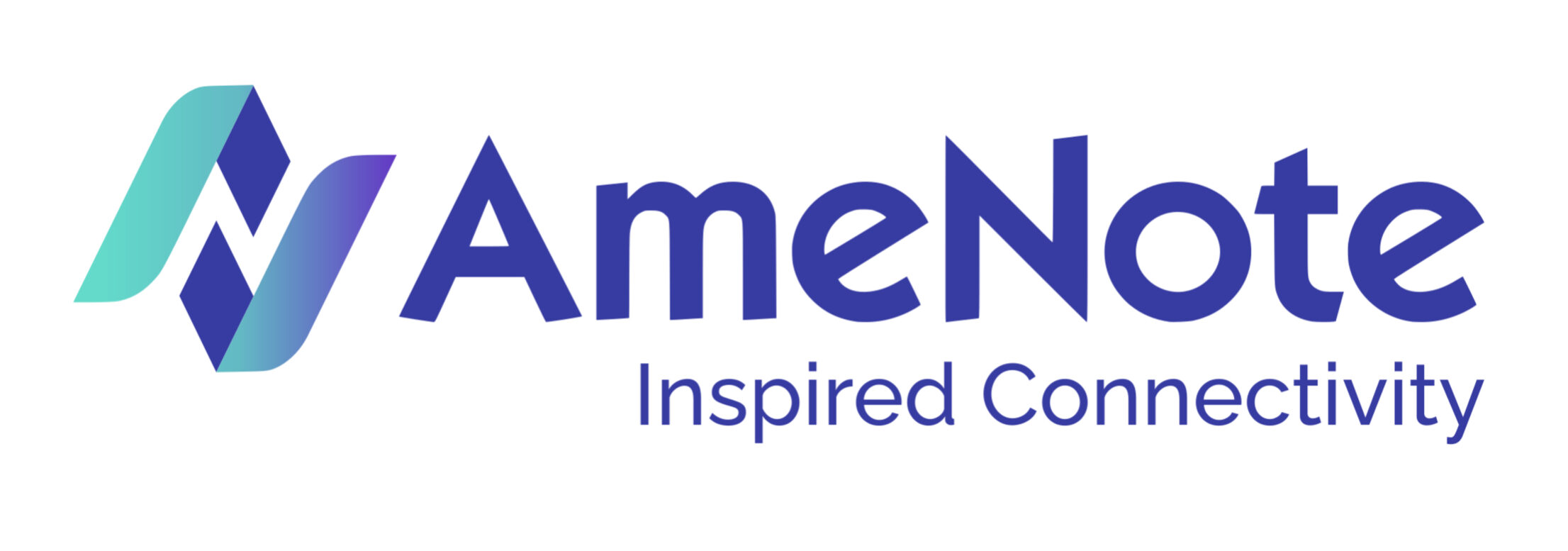The Industry Standard MIDI 2.0 Prototyping Tool:
• Chosen by and Funded in part by the MIDI Association
• Integrates closely with MIDI 2.0 Workbench Software

AmeNote ProtoZOA is a flexible prototyping tool for MIDI 2.0. Open source firmware provides MIDI 2.0 interfaces and functions for developers to use in their own hardware and software products.
- MIDI 2.0 with MIDI-CI Discovery
- USB MIDI 2.0 Class Compliant Device
- Universal MIDI Packet Data Format
- MIDI 1.0 <-> MIDI 2.0 Translation
- MIDI 1.0 Input / Output Ports
- Expansions for MIDI 2.0 UMP Network, A2B Network, CME BLE MIDI, SPI, UART
- Open-Source Code on Raspberry Pico
- PicoProbe for integrated debugging
AmeNote developed and provides a USB MIDI 2.0 Class Compliant Device on ProtoZOA, designed specifically to jump-start prototyping and validation of UMP functions and fuel the MIDI 2.0 revolution. ProtoZOA encourages speedier adoption of MIDI 2.0 by:
- Providing an affordable, flexible prototyping platform to enable software and hardware developers to start testing and prototyping MIDI 2.0.
- Providing a testing platform which connects via the USB MIDI 2.0 drivers recently released by Apple and Google and a test tool for Microsoft as AmeNote develops Windows host drivers.
- Provide USB MIDI 2.0 source code that other hardware developers can use under a no-charge permissive license.
Functions
The principal firmware consists of architecture and development to enable an embedded device to support USB MIDI 2.0 (and includes USB MIDI 1.0).
This development builds on an existing stack known as tinyUSB (see tinyUSB github), an open source (MIT) and well supported USB device and host stack that has been ported onto most of the embedded platforms used today.
The OS Abstraction Layer (OSAL) exists for the Raspberry Pico, simplifying this integration and development effort to the Device Class API (TUD).

The Raspberry Pi Pico board provides the main processor, power regulation and USB C connectivity which is sufficient to develop, test and experiment with MIDI 2.0 Protocol over USB and some base operations. This is extended with a base PCB that supplies hardware interfaces.
A custom PCB adds knobs, buttons and LEDs to generate messages in the Universal MIDI Packet data format such as Notes or the 32-bit controllers of MIDI 2.0.
The design includes MIDI 1.0 Input and Output, connected to a MIDI Translator, as a way to send or receive UMP messages using any existing MIDI 1.0 devices. MIDI 2.0 related firmware provides the foundational requirements for enabling MIDI 2.0, including MIDI-CI Discovery, Protocol Negotiation, and Translation.
Flexible Expansion Connections:
- SPI
- UART
Supported optional expansions:
- Pico-LCD-1.14 Display Module – available from Digikey, Amazon, AmeNote direct or other electronics retailers.
- CME WIDI Core
- AmeNote Ethernet Expansion for UMP Over IP Network
- Analog Devices A2B Network Evaluation Board
User Testimonials
“AmeNote’s ProtoZOA has been an essential tool used in our MIDI project, helping us validate ideas and approaches, and also develop and test the USB MIDI 2.0 Class Driver.” Pete Brown – Principal Software Engineer, Microsoft.
“I became involved with MIDI 2.0 while its details were still being argued over and the spec docs were changing regularly. Early on, I wrote the “MIDI 2.0 Scope” app which I defined in my head as ‘the development tool that I would wish existed if I were asked to develop MIDI 2.0 gear.’ The ProtoZOA is exactly that in hardware form, and is enough of a game-changer that I’m using it to develop a complete rewrite of my original app. I can’t imagine doing that without a ProtoZOA on my desk.” Brett g Porter, Lead Software Engineer @ Artiphon & member of MIDI Association Executive Board.
“ProtoZOA is a necessary testing tool when you develop MIDI 2.0 equipment, and the professional background of the two founders of AmeNote is absolutely trustworthy.” Zhao Yitian – CEO of CME
“With ProtoZOA we are able to develop prototypes several times faster than in the past. The technical difficulties that we used to have to interpret through specification documentations have been cleared up by ProtoZOA.” Joe Zhang, R&D Director | MEDELI
“The AmeNote ProtoZOA is a really useful tool for testing our implementation of the MIDI 2.0 protocol” Geoff Robinson, Senior Product Manager, PTZOptics
AMEI received ten ProtoZOAs from AmeNote for our musical instrument manufacturer members. We have been using ProtoZOA for testing MIDI 2.0 specification conformance and and interoperability. We appreciate the open source nature, which allows AMEI and MIDI Association members to develop on a common platform, investigate and resolve problems via a shared environment. The Association of Musical Electronics (AMEI)
Innovation and Cooperation
ProtoZOA has a number of “firsts” in MIDI 2.0: First to license and use the new MIDI Logo. First USB MIDI 2.0 product. First open source hardware with MIDI 2.0. First MIDI 1.0/2.0 translator allowing any MIDI 1.0 products to connect to MIDI 2.0 systems. But those are perhaps not the biggest innovations…
AmeNote chose not to keep our leading expertise the USB MIDI 2.0 technology to ourselves as a competitive advantage. But we decided to share that with other developers, including our potential competitors, to help kick start MIDI 2.0 products coming to market. This is not a “first”. In fact, this mirrors the culture established at the beginning of MIDI. Roland and Sequential Circuits encouraged everyone to have an equal share in MIDI. As Mr. Kakehashi of Roland used to say, “Nobody likes to watch a one horse race.” That kind of thinking is rare enough that we still think it is innovative when we repeat it 40 years later.
Expansions in Use






Buying ProtoZOA
Pricing: Standard ProtoZOA hardware with permissive license to source code for USB MIDI 2.0, MIDI-CI, MIDI 1.0/2.0 Translation, Universal MIDI Packet, UMP Endpoint, Function Blocks, and Ethernet expansion board: $320.
Use our Contact page to inquire about buying ProtoZOA.
